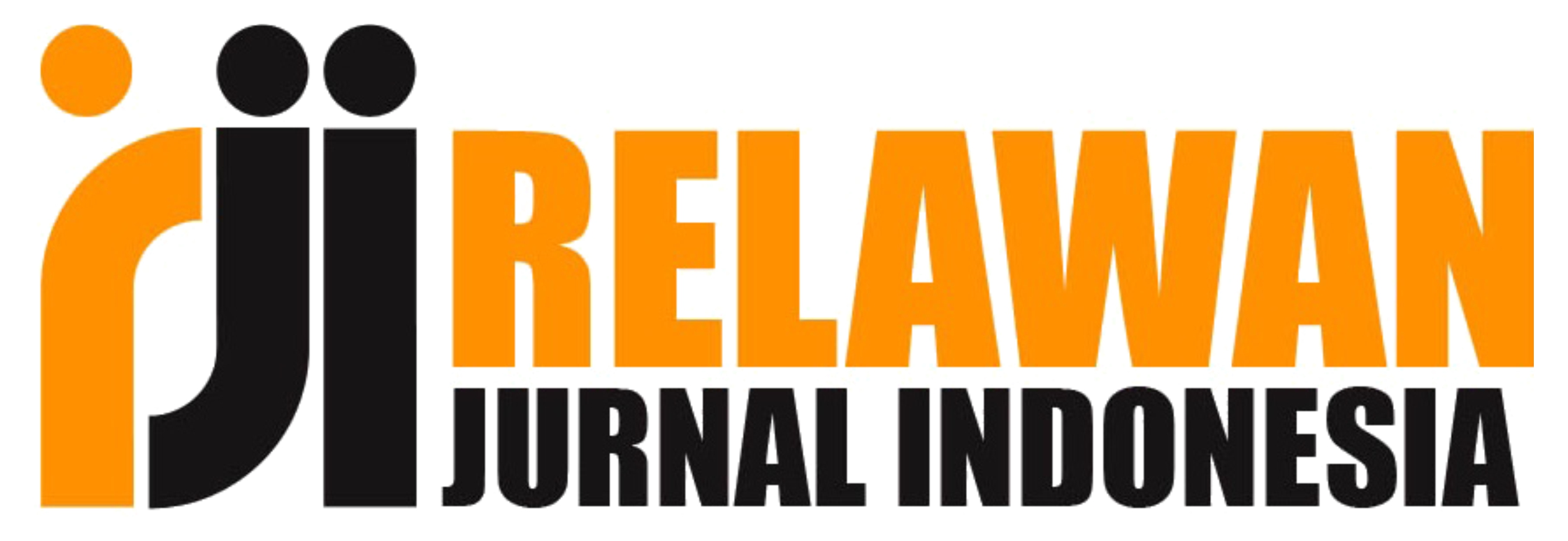Peluang Dan Tantangan Fintech Di Indonesia
DOI:
https://doi.org/10.61476/5dwyra32Keywords:
Fintech Opportunities, Fintech Challenges, Fintech in IndonesiaAbstract
Fintech (Financial Technology) has experienced a very rapid increase in Indonesia over the past few years and has an important role in the economy. his journal aims to explain the opportunities and challenges of Fintech in Indonesia. This research uses a qualitative descriptive approach method by analysing various references related to the development of fintech in Indonesia. In the results of this journal research explain that the development of Fintech in Indonesia from year to year continues to increase, Fintech opportunities continue to increase, especially sharia fintech, supported by the majority of the population who are Muslim Kharisma. While the challenge of Fintech is the absence of clear and comprehensive regulations to regulate fintech activities, especially coordination between related institutions such as Bank Indonesia and the Financial Services Authority (FSA).
Downloads
References
Abidah, A., Saiban, K., & Munir, M. (2022). Peran Al-Quran Dan As-Sunnah Dalam Perkembangan Ekonomi Syariah:Kajian, Peluang Dan Tantangan Fintech Syariah. Muslim Heritage, 7(1), 01–27. https://doi.org/10.21154/muslimheritage.v7i1.3628.
Ayu Effendi, K., & Wahju Widajatun, V. (2024). Growth of Islamic Fintech in Indonesia. Journal of Economics, Finance and Management Studies, 07(06), 3620–3631. https://doi.org/10.47191/jefms/v7-i6-53.
Aziz, F. A. (2020). Menakar Kesyariahan Fintech Syariah di Indonesia. Al-Manahij: Jurnal Kajian Hukum Islam, 14(1), 1–18. https://doi.org/10.24090/mnh.v14i1.3567.
Fidhayanti, D., Mohd Noh, M. S., Ramadhita, R., & Bachri, S. (2024). Exploring The Legal Landscape of Islamic Fintech in Indonesia: A Comprehensive Analysis of Policies and Regulations. F1000Research, 13, 1–14. https://doi.org/10.12688/f1000research.143476.2.
HANNANI. (2023). Analysis of Islamic Legal Study on Financial Technology Transactions: Maqashid Sharia Perspective. Russian Law Journal, 11(3), 1531–1538. https://doi.org/10.52783/rlj.v11i3.1678.
Hiyanti, H., Nugroho, L., Sukamadilaga, C., & Fitrijanti, T. (2019). Peluang dan Tantangan Fintech (Financial Technology) Syariah di Indonesia, Jurnal Ilmiah Ekonomi Islam,5(03).
IQBAL, M., NADYA, P., & SARİPUDİN, S. (2021). Islamic Fintech Growth Prospects inAccelerating MSMEs Growth: Evidence in Indonesia. International Journal of Islamic Economics and Finance Studies, 126–140. https://doi.org/10.25272/ijisef.857488
Irma Muzdalifa, Inayah Aulia Rahma, B. G. N. (2018). ( Pendekatan Keuangan Syariah ). Jurnal Masharif Al- Syariah:Jurnal Ekonomi Dan Perbankan Syariah, 3(1), h. 1-24.
Kharisma, D. B. (2021). Urgency of financial technology (Fintech) laws in Indonesia. International Journal of Law and Management, 63(3), 320–331. https://doi.org/10.1108/IJLMA-08-2020-0233
Narayan, S. W. (2019). Bulletin of monetary economics and banking: Does FINTECH matter for Indonesia’seconomic growth? Bulletin of Monetary Economics and Banking, 22(4), 437–456.
Nurhayati, S., Nurjamil, & Haris Fadhillah, M. (2022). Menakar Peluang Dan Tantangan Penyelesaian Sengketa Bisnis Fintech Syariah Melalui Laps. Jurnal Tabarru’: Islamic Banking and Finance, 5(1), 63–70. https://doi.org/10.25299/jtb.2022.vol5(1).8857
Putri, B. M., & Wibisono, H. (2022). Financial Technology in Indonesia: Effect of Risk on Financial Performance in Peer-To-Peer Lending. Kinerja, 26(2), 270–288. https://doi.org/10.24002/kinerja.v26i2.6185
Putri, V. A., & Akbary, N. M. M. (2021). Islamic Fintech and Indonesian MSMEs during the Pandemic. Sebelas Maret Business Review, 6(2), 111. https://doi.org/10.20961/smbr.v6i2.56063
Ramadhan, D. S. (2022). Financial Technology and Sharia Compliance Regulations in Islamic Banking in Indonesia. AL-ARBAH: Journal of Islamic Finance and Banking, 4(2), 217–231. https://doi.org/10.21580/al-arbah.2022.4.2.15647
Randy, R., Budi, I., & Purwandari, B. (2021). Heliyon Detection of fi ntech P2P lending issues in Indonesia. Heliyon, 7(April), e06782. https://doi.org/10.1016/j.heliyon.2021.e06782
Sriyono, S., Andjani, S., & Irawan, M. F. (2023). Evaluation of Fintech’s Impact on Financial Inclusion in Indonesia: A Case Research on the Use of Digital Payment Services. The Management Journal of Binaniaga, 8(2), 91–102. https://doi.org/10.33062/mjb.v8i2.32
Subagiyo, R. (2019). Era Fintech: Peluang Dan Tantangan Bagi Ekonomi Syariah. El-Jizya : Jurnal Ekonomi Islam, 7(2), 316–336. https://doi.org/10.24090/ej.v7i2.3457.
Sudirman, W. F. R., Sari, E. N., Reza, S., Syaipudin, M., & Hidayat, H. (2023). Apakah fintech lending berpengaruh terhadap kinerja bank syariah di indonesia? Money: Journal of Financial and Islamic Banking, 1(2), 81–90. https://doi.org/10.31004/money.v1i2.15357.
Sugiyono. (2017). Metode penelitian kuantitatif, kualitatif, dan R&D (Cet. 26). Alfabeta.
Widijantoro, J. (2019). the Role of Financial Services Authority in the Consumer Protection Amid the Growth of Fintech Industry in Indonesia. Mimbar Hukum - Fakultas Hukum Universitas Gadjah Mada, 31(2), 297. https://doi.org/10.22146/jmh.43129.
Published
Issue
Section
License
Copyright (c) 2025 Gilang Subagja, Abdy Ihdalumam, Cory Vidiati (Author)

This work is licensed under a Creative Commons Attribution-ShareAlike 4.0 International License.














